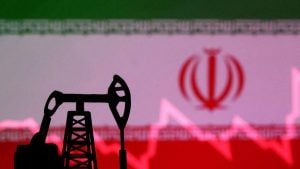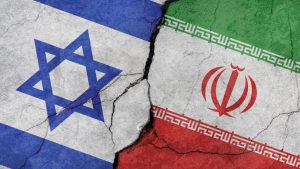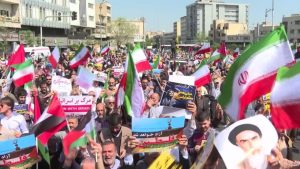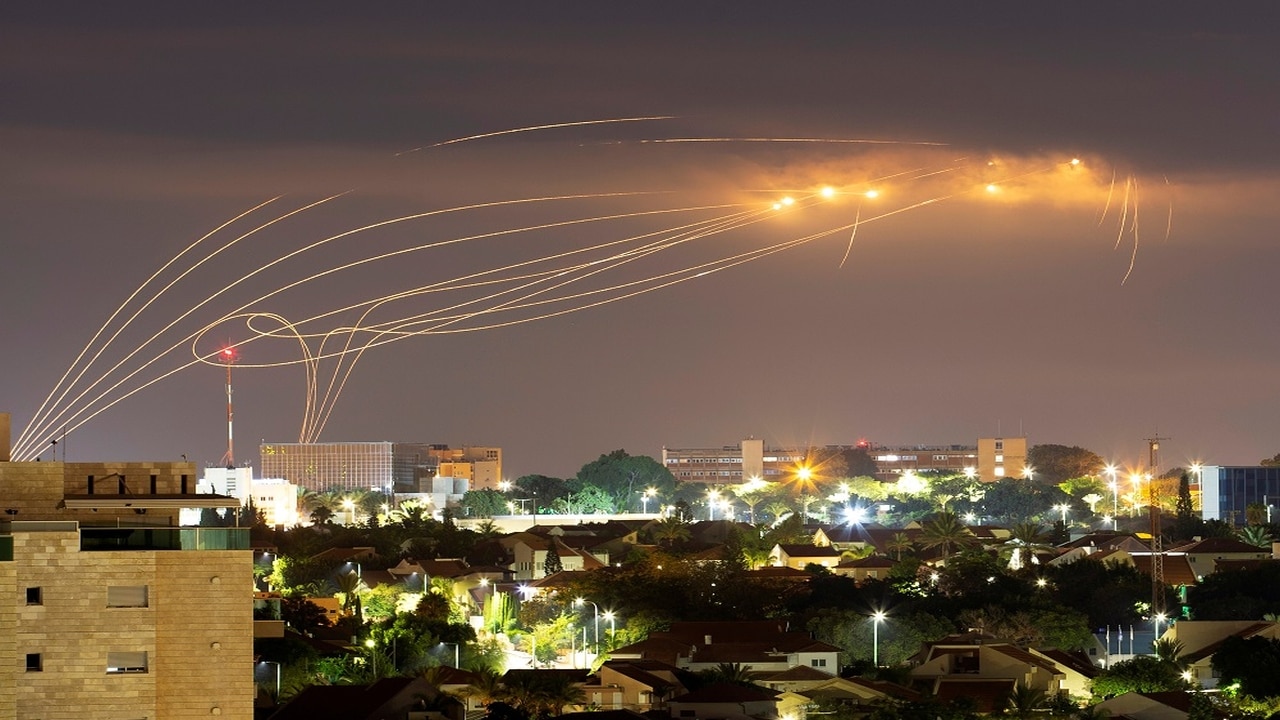Israel’s apparent strike on Iran after days of vacillation was small and appeared calibrated to dial back risks of a major war, even if the sheer fact it happened at all shattered a taboo of direct attacks that Tehran broke days earlier.
By then, the sources said, the three voting members of the war cabinet had already ruled out the most drastic response – a strike on strategic sites including Iran‘s nuclear facilities whose destruction would almost certainly provoke a wider regional conflict.
Facing cabinet divisions and strong warnings from partners including the United States and in the Gulf not to escalate, and aware of the need to keep international opinion on Israel’s side, the plans to hit back were then postponed twice, the sources said. Two war cabinet meetings were also delayed twice, government officials said.
Netanyahu’s office did not respond to requests for comment for this story. Before the attack, a spokesperson for the government’s National Public Diplomacy Directorate cited Netanyahu as saying Israel would defend itself in whatever way it judged appropriate.
Reuters spoke to a dozen sources in Israel, Iran and in the Gulf region, as well as the United States, who described six frantic days of efforts in the Gulf, the US and among some of Israel’s war planners to limit the response to Iran’s first ever direct attack on its arch rival after decades of shadow war.
“We warned against the grave danger inherent in further escalation,” Jordan’s Foreign Minister Ayman Safadi told Reuters, saying a wider regional conflict would have catastrophic consequences and risked diverting global attention from Israel’s ongoing war in Gaza.
Safadi said his country, which borders Israel, had “made it clear to all it will not be a battleground for Israel and Iran. This firm position was unequivocally delivered to all.”
Most of the sources asked not to be named to speak about sensitive matters.
The eventual strike on Friday appeared to target a Iranian Air Force base near the city of Isfahan, deep inside the country and close enough to nuclear facilities to send a message of Israel’s reach but without using airplanes, ballistic missiles, striking any strategic sites or causing major damage.
Iran said its defence systems shot down three drones over a base near Isfahan early on Friday. Israel said nothing about the incident. US Secretary of State Antony Blinken said the United States had not been involved in any offensive operations,
An Iranian official told Reuters there were signs the drones were launched from within Iran by “infiltrators,” which could obviate the need for retaliation.
A source familiar with western intelligence assessments of the incident also said initial evidence suggested Israel launched drones from inside Iranian territory. Iran’s foreign ministry did not respond to a request for comment.
“Israel tried to calibrate between the need to respond and a desire not to enter into a cycle of action and counter reaction that would just escalate endlessly,” said Itamar Rabinovich, a former Israeli ambassador to Washington.
He described the situation as a dance, with both parties signalling to each other their intentions and next steps.
“There is huge relief across the Gulf region. It looks like the attack was limited and proportionate and caused limited damage. I see it a de-esclation,” veteran Saudi analyst Abdelrahman al-Rashed told Reuters.
Biden call
The decision to hold back from broader and immediate action this week underlined the competing pressures on Netanyahu’s government in the aftermath of the more than 300 drones and ballistic and cruise missiles fired by Iran on Saturday night.
As Iran’s barrage unfolded, two members of the war cabinet, Gantz and Gadi Eisenkot, both former armed forces commanders, wanted to respond straight away before agreeing to hold off following a call with US President Joe Biden and in the face of differing views from other ministers, two Israeli officials with knowledge of the situation said.
A spokesman for Gantz, a centrist who joined Netanyahu’s emergency government following the Hamas-led attack on Israel last October, did not respond to a request for comment.
The US State Department declined to comment to questions about Israel’s decision-making. Washington was working to de-escalate tensions, Blinken said on Friday. The White House did not immediately respond to a request for comment.
Aryeh Deri, the head of one of the ultra Orthodox parties in Netanyahu’s coalition, who has observer status in the war cabinet and who has generally been wary of drastic moves, was firmly opposed to an immediate strike against Iran, which he believed could endanger the people of Israel given the risk of escalation, a spokesperson for his party said.
“We should also be listening to our partners, to our friends in the world. I say this clearly: I see no shame or weakness in doing so,” Deri told the “Haderech” newspaper.
Israel’s options ranged from strikes on strategic Iranian facilities, including nuclear sites or Revolutionary Guards bases, to covert operations, targeted assassinations and cyber attacks on strategic industrial plants and nuclear facilities, analysts and former officials in Israel have said.
Gulf countries had been increasingly worried the situation would spill into “a grave regional conflagration which might be beyond anyone’s control or ability to contain,” said Abdelaziz al-Sagher, head of the Saudi-based Gulf Research Center.
Saudi Arabia and the United Arab Emirates had publicly called for maximum “self-restraint” to spare the region from a wider war.
Sagher said Gulf countries had warned the United States of the risk of escalation, arguing Israel should conduct only a limited attack without casualties or significant damage that could provoke a major reprisal.
This messaging “was relayed forcefully” in the last few days by the Jordanians, Saudis, and Qataris through direct security and diplomatic channels, one senior regional intelligence source said.
The governments of Qatar, Saudi Arabia and UAE did not immediately respond to requests for comment.
By Thursday, four diplomatic and government sources in the region were expressing confidence that the response would be limited and proportionate.
Ahead of the overnight Israeli strike, one regional source, who had been briefed on Israel’s thinking, said the response would aim to minimize or completely avoid casualties and was likely to target a military base.
Flying F-35 fighter jets from Israel to Iran, or launching missiles from Israel would almost certainly violate the airspace of neighbouring countries, angering Arab states who Netanyahu has long sought to cultivate as strategic allies, said a Gulf government source with knowledge of the issues.
He couldn’t “just fly F-35 fighter jets across the region and bomb Iran or its nuclear sites,” the source said.
Iranian officials had warned a major Israeli attack would trigger immediate retaliation.
Iran’s options to respond included shutting down the Strait of Hormuz through which about a fifth of the world’s oil passes, urging proxies to hit Israeli or US interests, and deploying previously unused missiles, a senior Iranian official said.
While satisfying Israel’s moderates at home, its neighbours and international partners, the measured strike, when it came, was met with dismay from hardliners in Netanyahu’s cabinet.
National Security Minister Itamar Ben Gvir, whose ultranationalist party is a key prop in Netanyahu’s coalition, posted a single word on X, “Feeble.”










 Listen to the Article
Listen to the Article  Daily Newsletter
Daily Newsletter














